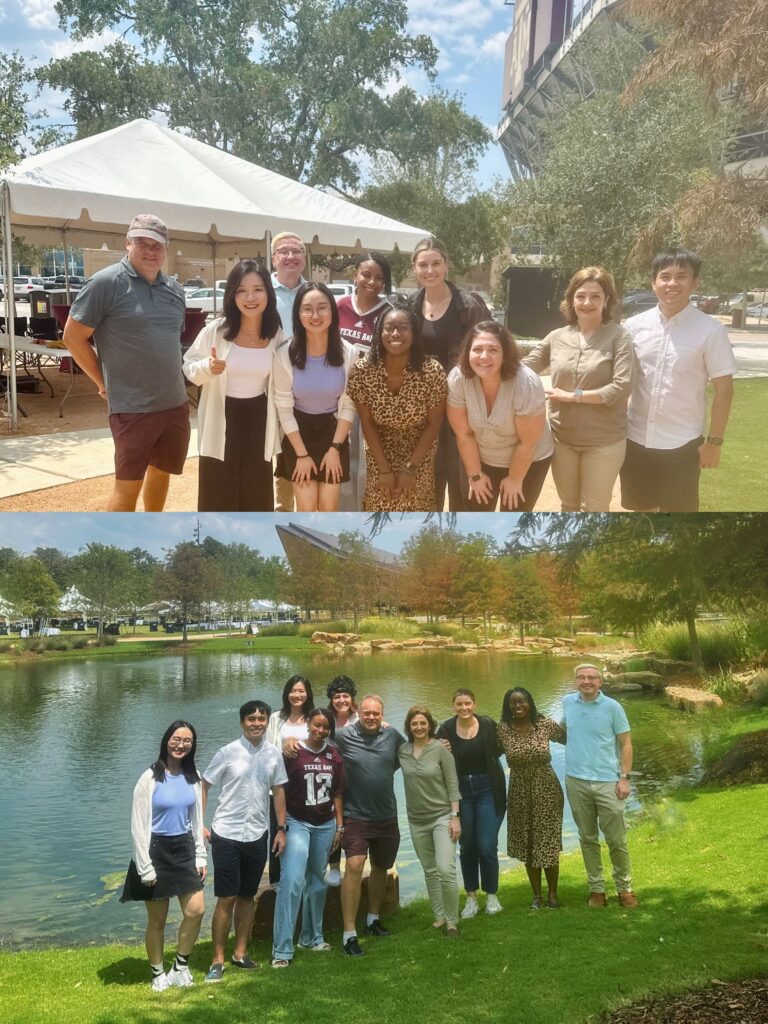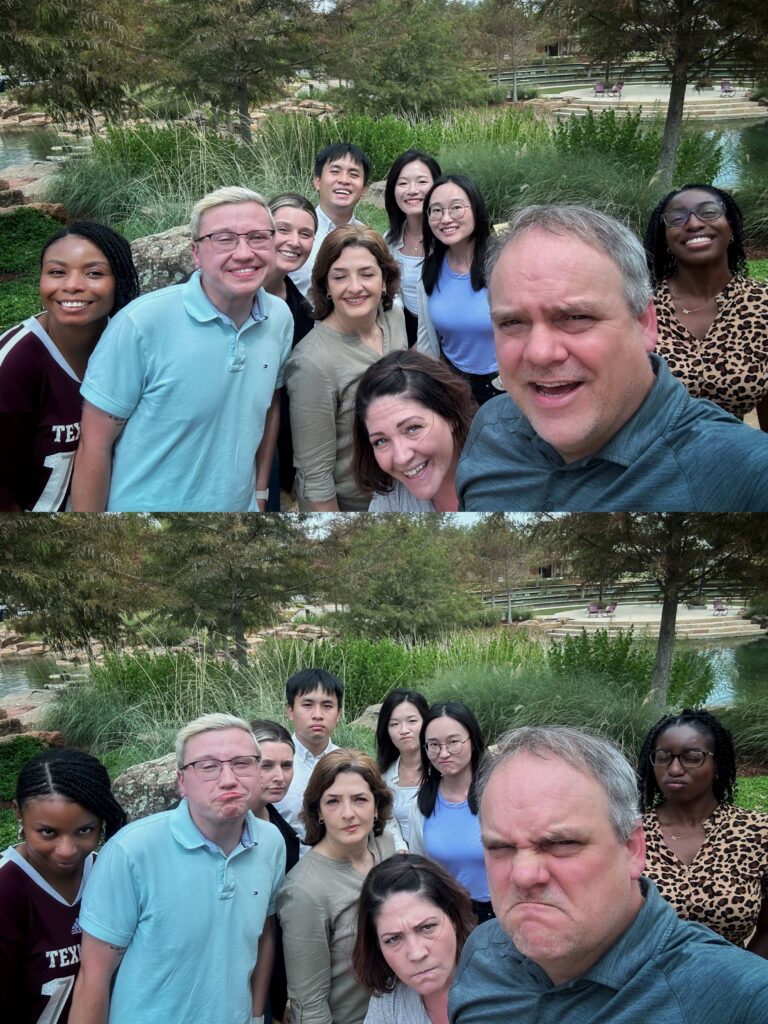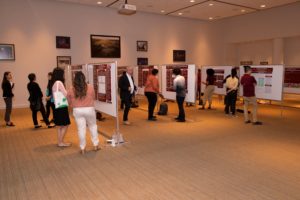NEUROBIOLOGICAL LAB FOR LEARNING AND DEVELOPMENT
Welcome to the Neurobiological lab for Learning and Development(NLD) located within the Department of Educational Psychology. We increase knowledge on human development and learning through researching our biology and behavior.
NLD NEWS
Your content goes here. Edit or remove this text inline or in the module Content settings. You can also style every aspect of this content in the module Design settings and even apply custom CSS to this text in the module Advanced settings.
Celebrating Semester Success: NLD Lab’s Hiking and Brunch
As the semester wrapped up, the NLD lab members stepped out of the lab and into nature to celebrate our achievements. Our day began with a refreshing hike, surrounded by the natural beauty of waterfalls and wildlife, including a serene encounter with a family of deer. The highlight of our adventure was a visit to Dr. Woltering’s garden, where we were treated to an exclusive tour of his palm collection, showcasing a variety of species and his deep passion for plants!


Congratulations to Renee for passing the defense
We are thrilled to announce that Renee has successfully passed her defense and can now be officially addressed as Dr. Jones! Her remarkable dissertation focused on “Professional mental health help-seeking behaviors”. Please join us in congratulating Dr. Jones on this well-deserved accomplishment!

Christine Triumphs in the Great EPSY Baking Showdown
Cheers to Christine, our new baking hero! Golden Spatula winner at the EPSY Showdown! 🥇 If you’ve ever had a slice of her famous Thanksgiving apple pie, you won’t be surprised.
A huge congratulations to Christine!

📸 Smiles and Success: NLD Lab’s New Semester Snaps!
Say cheese! The NLD lab squad is all set to conquer the new semester.
From joyful grins to our TAMU spirit, these group photos capture the essence of our teamwork and dedication. Here’s to another semester of learning and achievements together!


Exploring the Thrills and Fears of Risky Play: A New Publication on Parents’ Perspectives regarding Children’s Risky Play
Congratulations to Jennifer and Paige on their publication regarding parents’ perspectives on children’s risky play!
Their research report investigates parents with children attending Becky Gates Children Center in College Station, Texas, and provides valuable insights into parents’ attitudes towards risky play, specifically rough and tumble play. The study explores key demographic information, risk tolerance, specific domains of risk, and themes from open-ended responses on risks and rough and tumble play. This important research sheds light on an area that has received limited attention and will undoubtedly inform future discussions and policies on children’s play behaviors.
🎉 Exciting News! Landmark Paper Accepted: Neurophysiological Correlates of Reading Difficulties in Elementary School Children
Congratulations to Drs. Huilin Sun, Qinxin Shi, and Jia, along with Sadie Pazoki (3rd author), on the acceptance of our groundbreaking paper titled “Neurophysiological correlates of reading difficulties in elementary school children” in Developmental Neuropsychology!
This achievement is a major milestone for our lab and Texas A&M University. It’s the first paper from our university to help explore neural correlates of reading in beginner readers.
Congratulations to the authors and the entire team!
🌟 Welcome to the Lab! 🌟
Welcome, Ying, Juan, and Mai!
Congratulations to Dr. Megan Nguyen!
We are proud of Dr. Megan Nguyen, who successfully defended her dissertation entitled ‘Perceived Injustice and Pain Outcomes in Youth with Chronic Pain”! Megan will pursue a future in pain research, starting as a clinical fellow at Harvard Medical School! They will be lucky to have such a colorful, resourceful, and passionate force of nature!

2022 Learning Science Poster Award
Hearty congratulations to our winners of the LS Conference Poster Award!
First Place: Saeedeh Pazoki (Neural correlates of reading)
Brain Signatures of Reading Difficulty in Elementary Students: A Study of the N400 Effect
Second Place: Christine Richie (Academic motivation)
A case study design to explore academic motivational value among impoverished,
historically marginalized students
Third Place: Paige Williams/Jennifer Daly (Risky play)
Becky Gates Findings: “Oh No, That’s Too Risky: Adult Perspectives on Risky Play
Behaviors During Early Childhood.”
Cheers to all of you for a job well done!

2022 LS conference
Paper published on Cell phone use and self-regulation!
